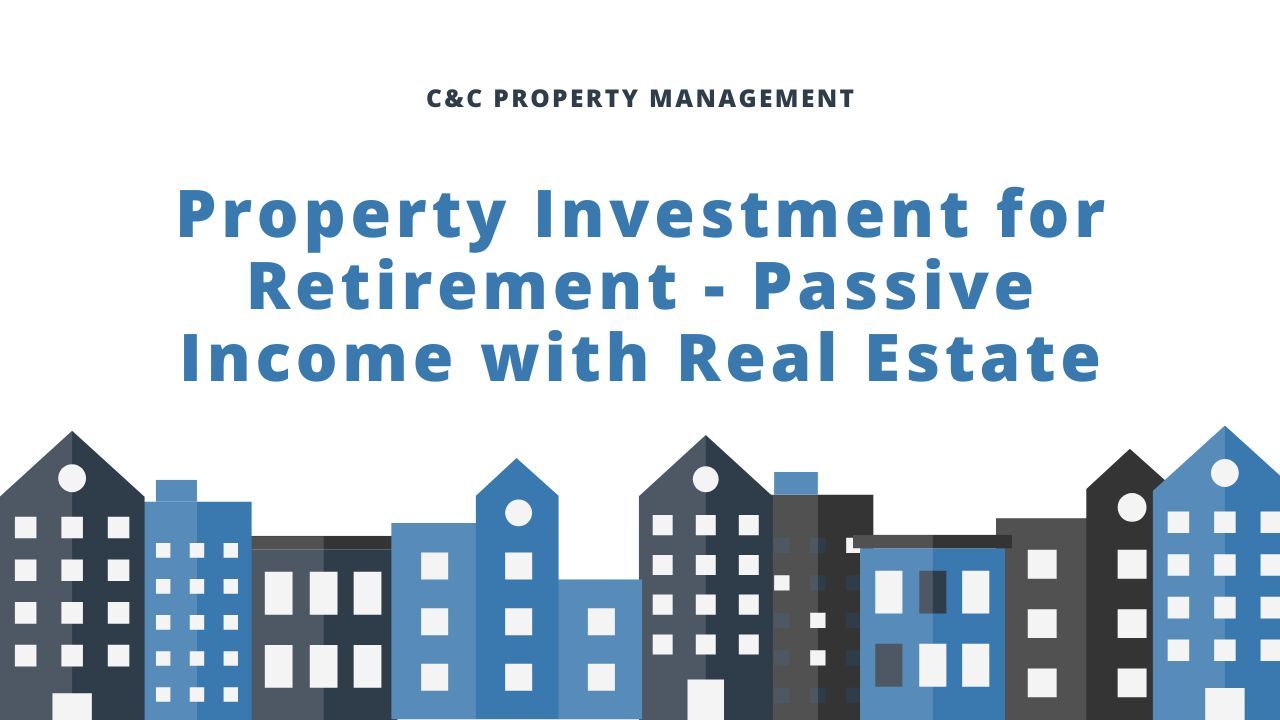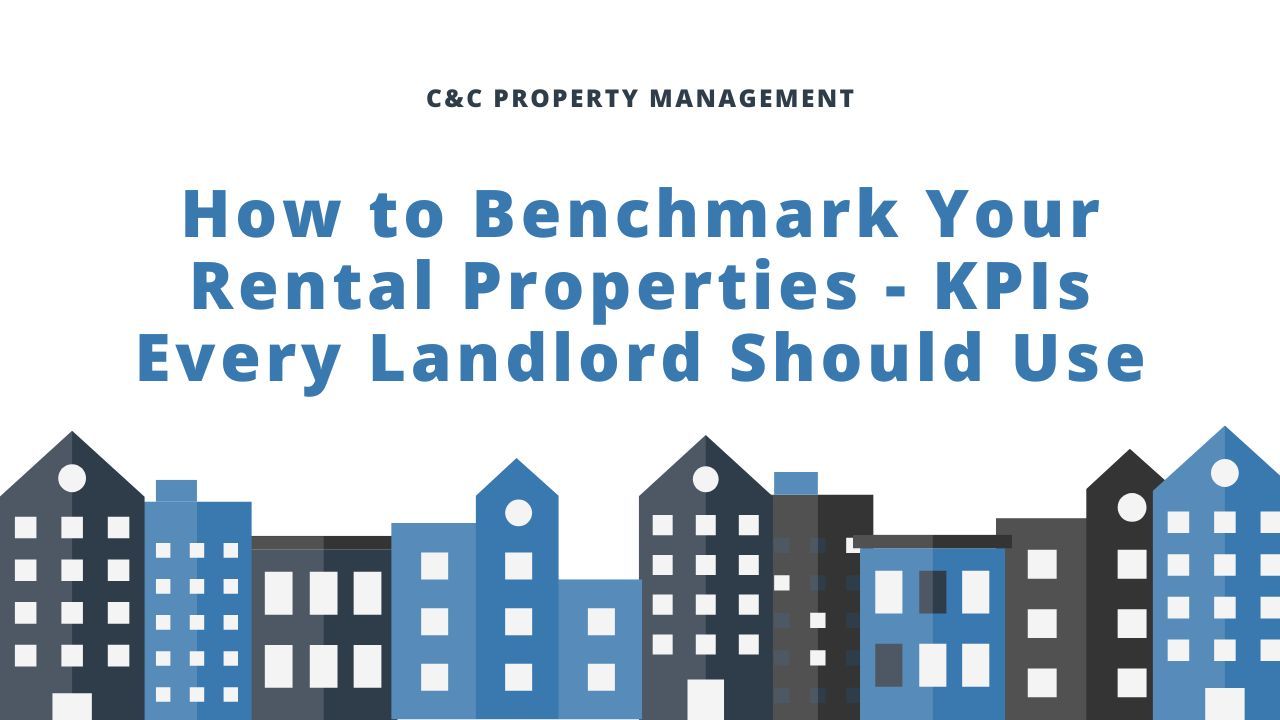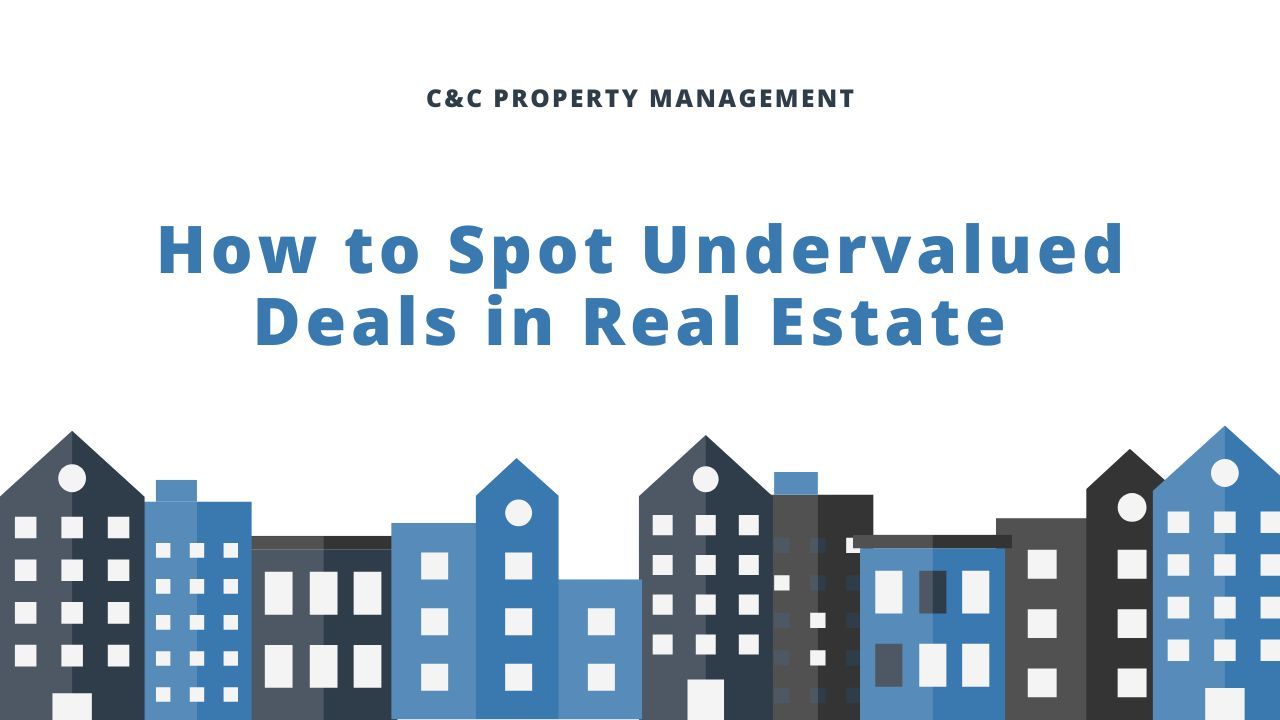ADU Training
What are ADUs?
ADUs are a great way to add more affordable housing to your community. They are secondary structures, usually consisting of a separate unit that is attached to or located on the same property as the primary dwelling. ADUs can be used for a variety of purposes, such as a home office, guest house, or an apartment for rent.
Why build an ADU?
There are many reasons why you might want to build an ADU. Perhaps you need more space and don't want to move, or you want to provide a place for your parents or adult children to live. ADUs can also be a great way to generate income by renting them out. Finally, they can help reduce the amount of housing demand and homelessness in your community.
Zoning and permitting requirements
Before you start planning your ADU, it's important to make sure that it will be allowed in your area. Zoning regulations vary from place to place, so be sure to check with your local government before you get too far along in the planning process. You may also need to obtain a permit before you can begin construction.
How can you get started with building an ADU in your community?
If you're interested in building an ADU, the first step is to check your local zoning regulations to see if they allow for this type of structure. Once you've done that, you can begin the process of obtaining the necessary permits. Finally, you'll need to find a contractor who can help you build your ADU.
Have more questions about ADU's? Watch the full FREE training on our YouTube below:








